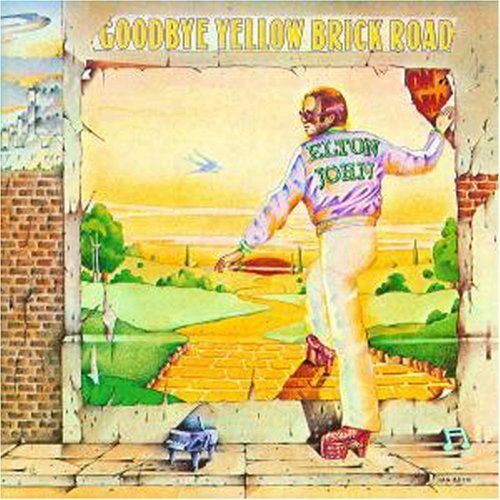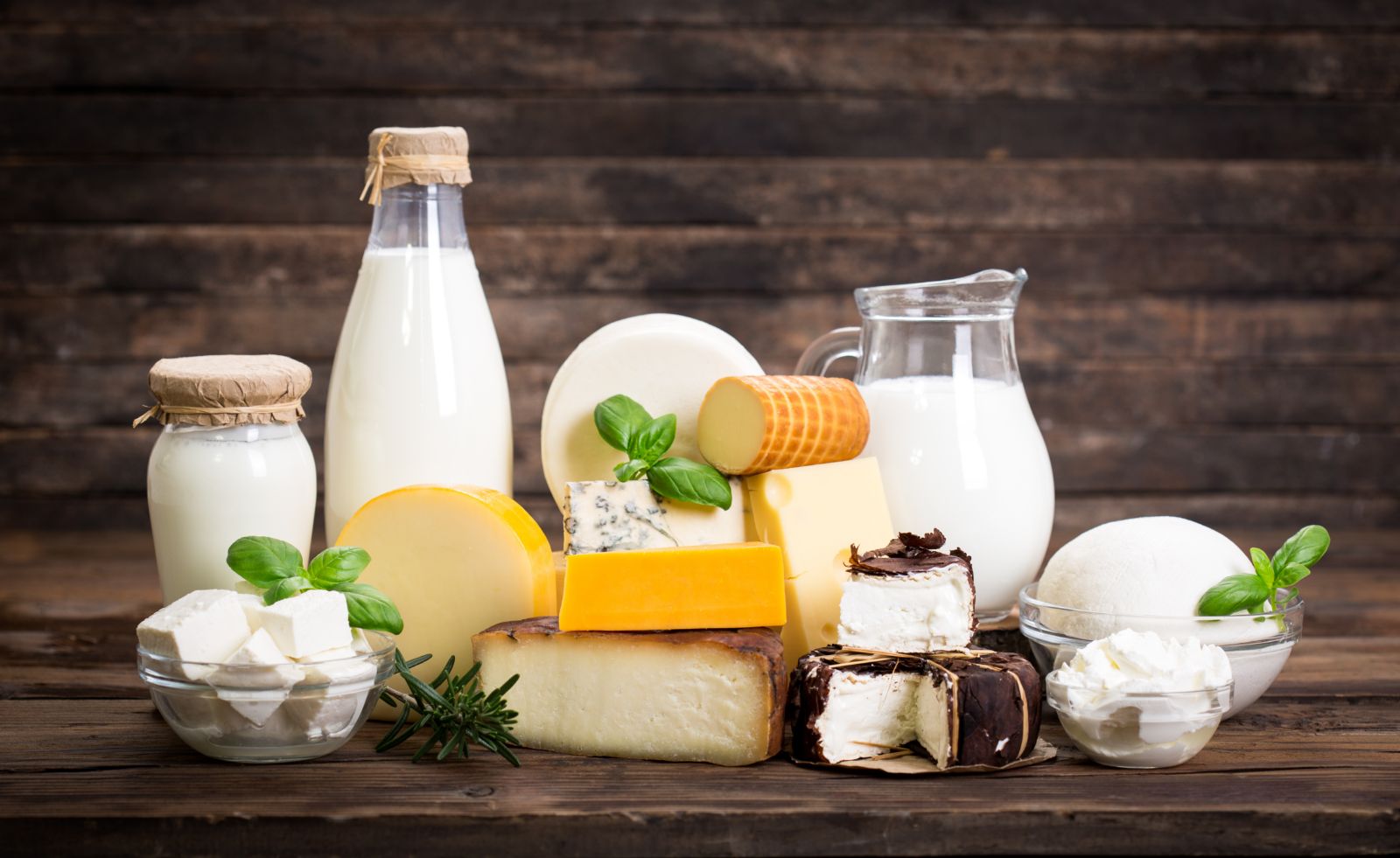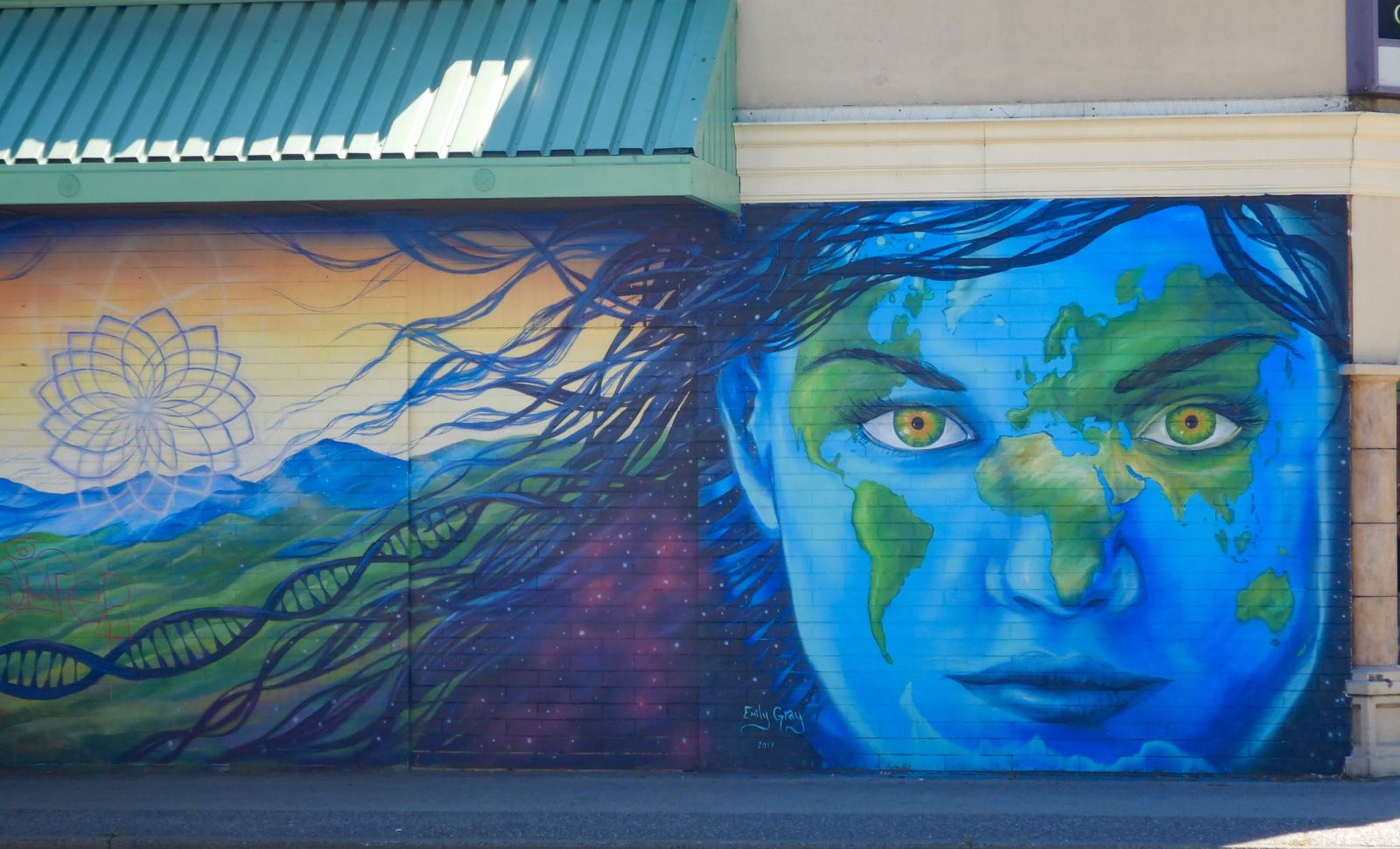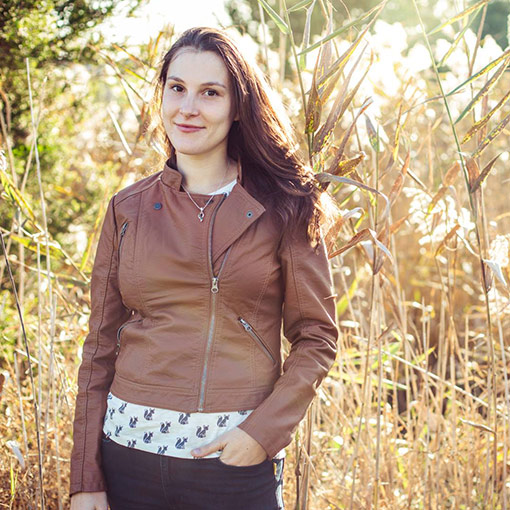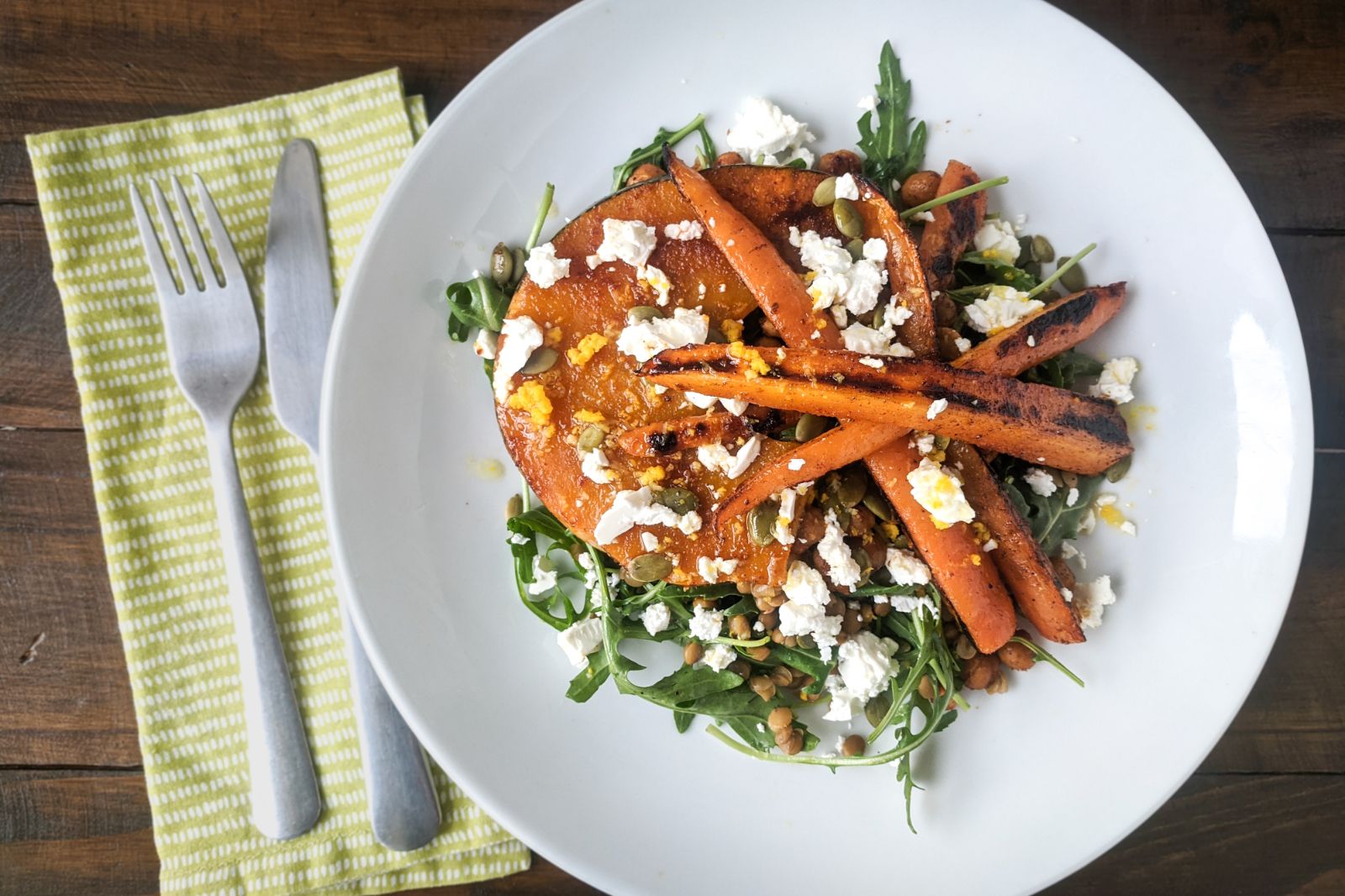
I love the robust, earthy combination of ground cumin and smoked paprika with root vegetables, and in this hearty salad they shine through beautifully. The strong and distinctive flavour of smoked paprika can easily overwhelm a dish, but here it is tempered by the sweet tang of orange zest for a complex and seriously moreish flavour profile, while crunchy pepitas and rocket add a fresh texture. Meanwhile, the lentils and chickpeas provide enough protein to keep you full for hours.
A little bit of feta goes a long way, adding a lovely burst of salt here and there, but it's far from a key ingredient. If you're going without the feta for a vegan version, you may want to add a little extra salt.
There's also the option of saving on a bit of prep by serving the vegies in large pieces, or dicing them so you can serve the salad from a single bowl.
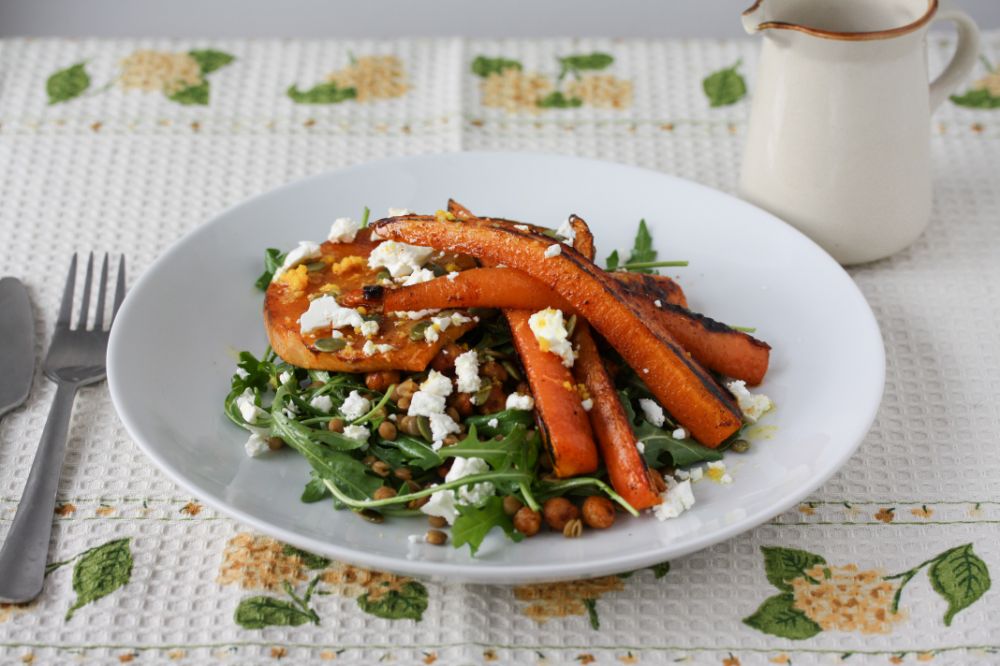
Even though we're a few weeks into the new year now, I want to tell you the story of my New Year's Eve. More than Christmas or any other holiday, I attach a sort of importance to New Year’s Eve. I’m not superstitious, of course, but I just like the idea of looking back on the year that’s been and looking forward to the year ahead. I like to reassess what’s important to me, and let the way I spend New Year’s Eve and the people I spend it with reflect that.
This New Year’s was particularly special. Our best mates Anna and Sean had invited us to join them for a few days in a little hut nestled deep in the forest of Mount Aspiring National Park on the west coast of the South Island of New Zealand. Anna’s dad Steve and a few of his mates had acquired the hut many years earlier, long before the Department of Conservation existed.
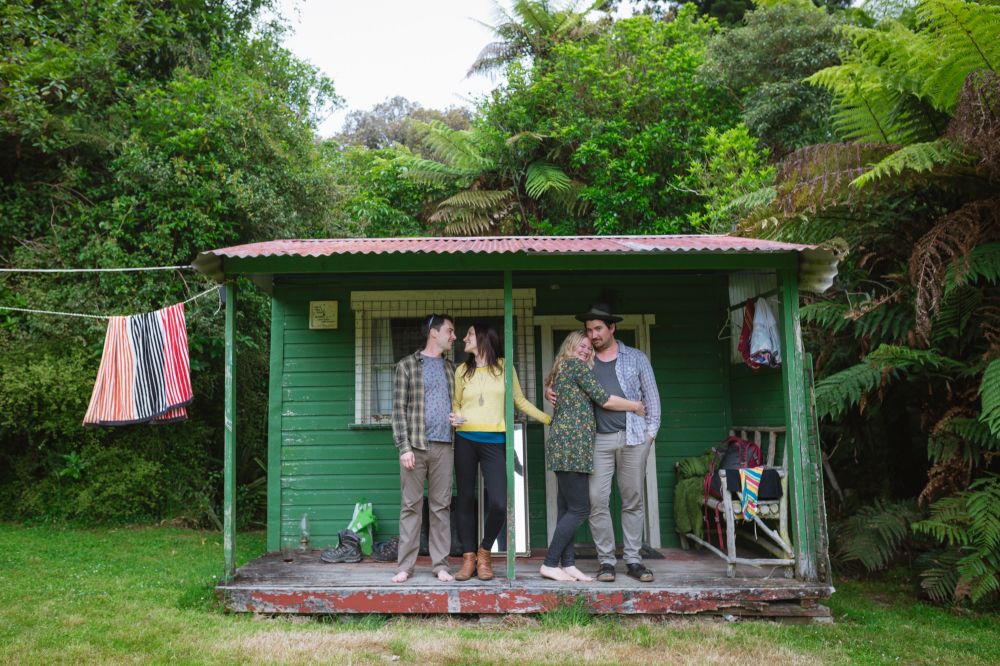
The Department of Forestry was in charge back then, and apparently they had no qualms about people setting up a home for themselves within the forest and enjoying it however they saw fit. I guess there was more of a sense then of the land belonging to everyone, and maybe more respect for the simple way of life that this hut epitomises. Since DOC took charge it’s a bit of a different story of course, but they’ve agreed to continue to lease the hut to Steve and his mates – for now, anyway.
When Anna first mentioned the story of the hut and offered for us to stay with them there over New Year’s, the first thought that struck me was, of course, how very lucky we were to be given this unique opportunity. But close behind was the niggling thought that Mount Aspiring National Park is precious land, and it deserves to be protected in every way possible. Why should some people be allowed to lease land and not others, and what negative impacts might the human presence in the forest be causing? But, you know, it was December and I had lots to do, so I didn’t give it too much more thought.
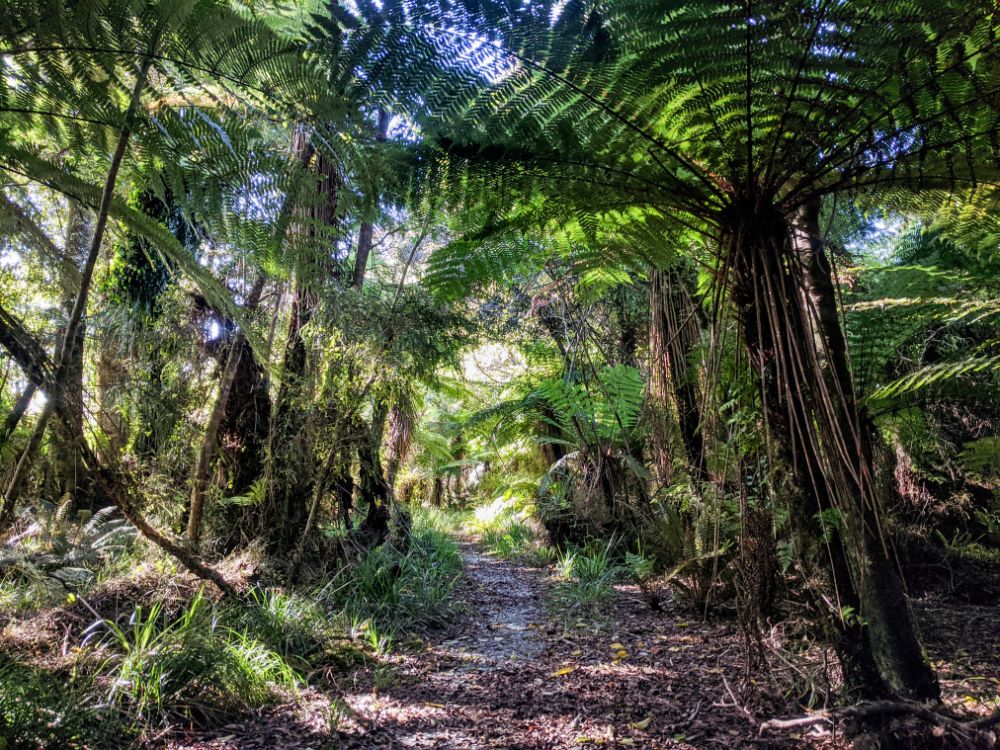
When we arrived in the national park a couple of days before the new year, I was awestruck. Even after a year of travel, this was hands-down the most beautiful, soothing place I had ever set foot in. We trekked in through an enchantingly beautiful pathway, surrounded by gently bobbing fern fronds; soft, glistening beds of moss, spiralling vines, and towering trees. Some of these trees had been there for over a thousand years, and here they still were, proud and majestic, providing nutrition, shade, and shelter for thousands of other species of all kinds.
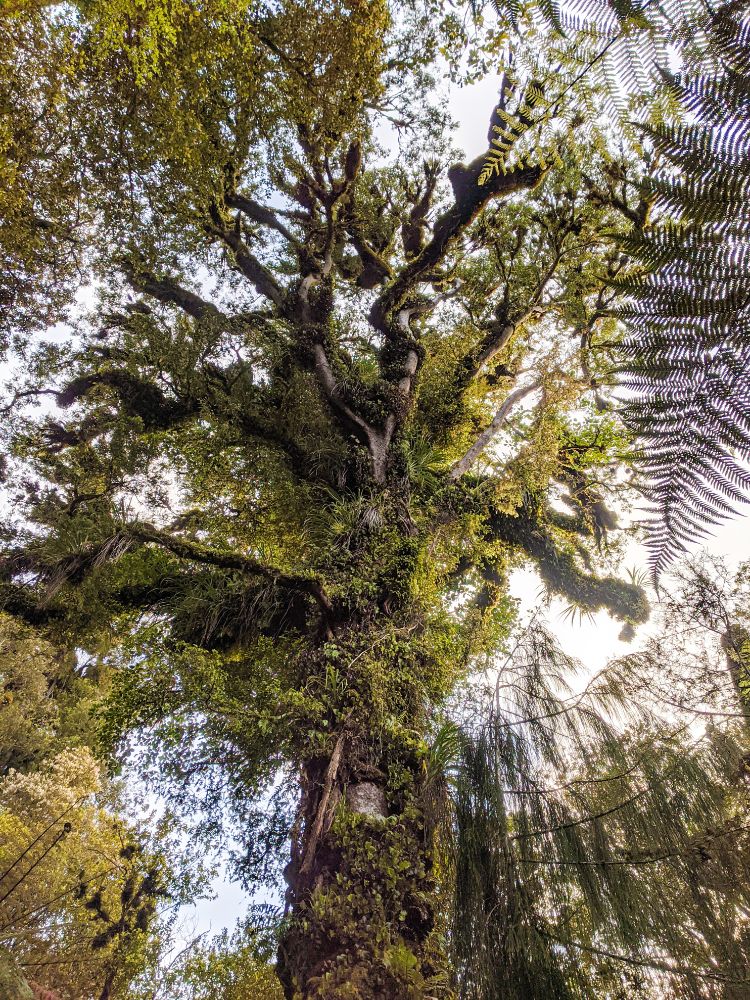
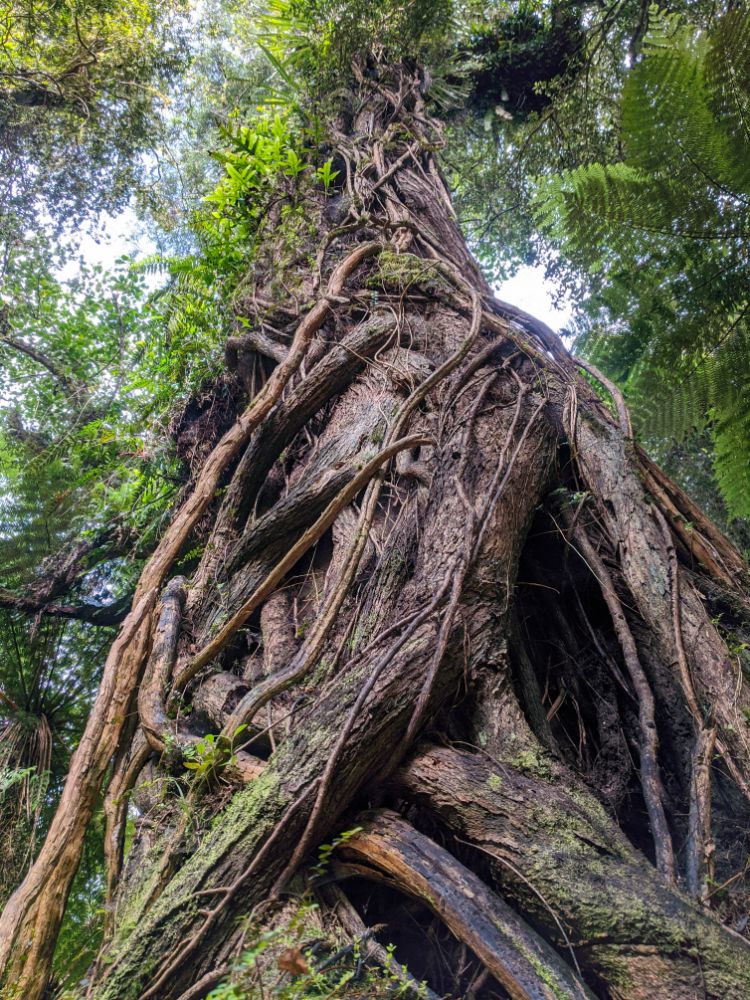
Birds called cheerfully from among the tree branches, against the backdrop of the softly flowing river and the crunch of gravel beneath our feet. Every time I leaned in to look at something a little closer it was as if an entire new microcosm revealed itself. Every single thing was so profoundly intertwined with everything else, in a perfect balance unlike anything I’d ever observed.
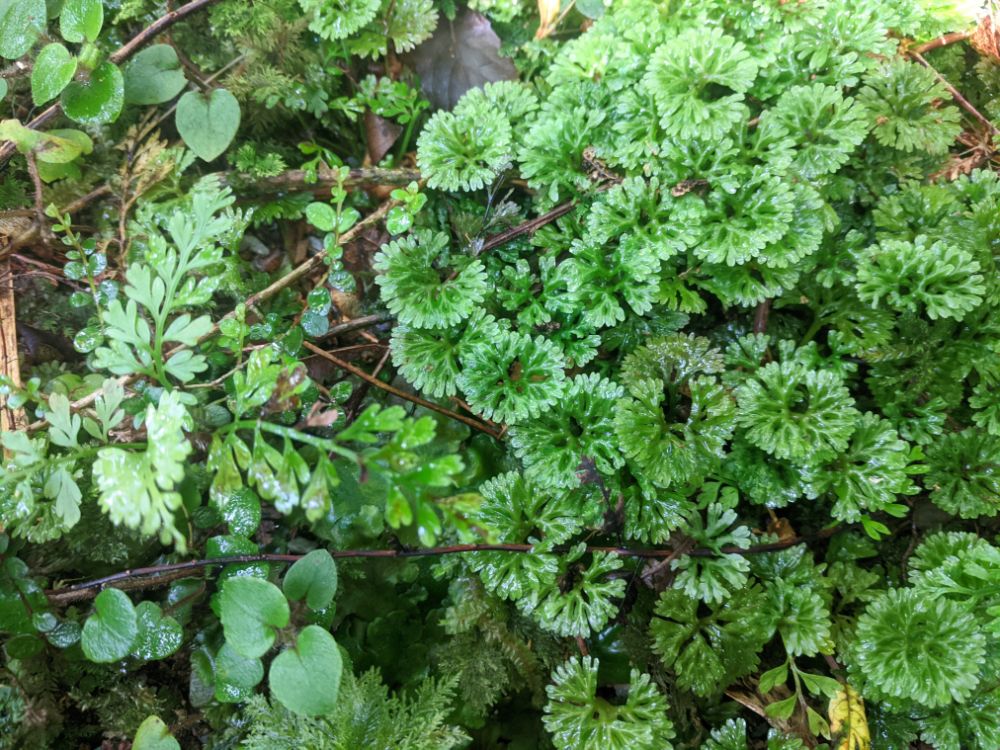
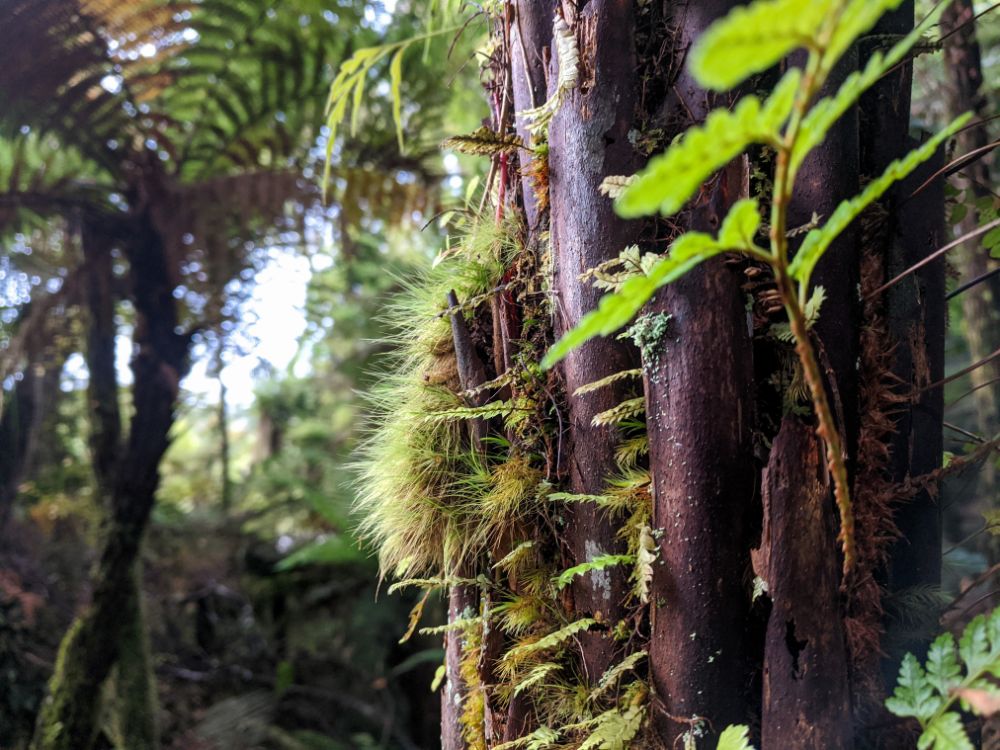
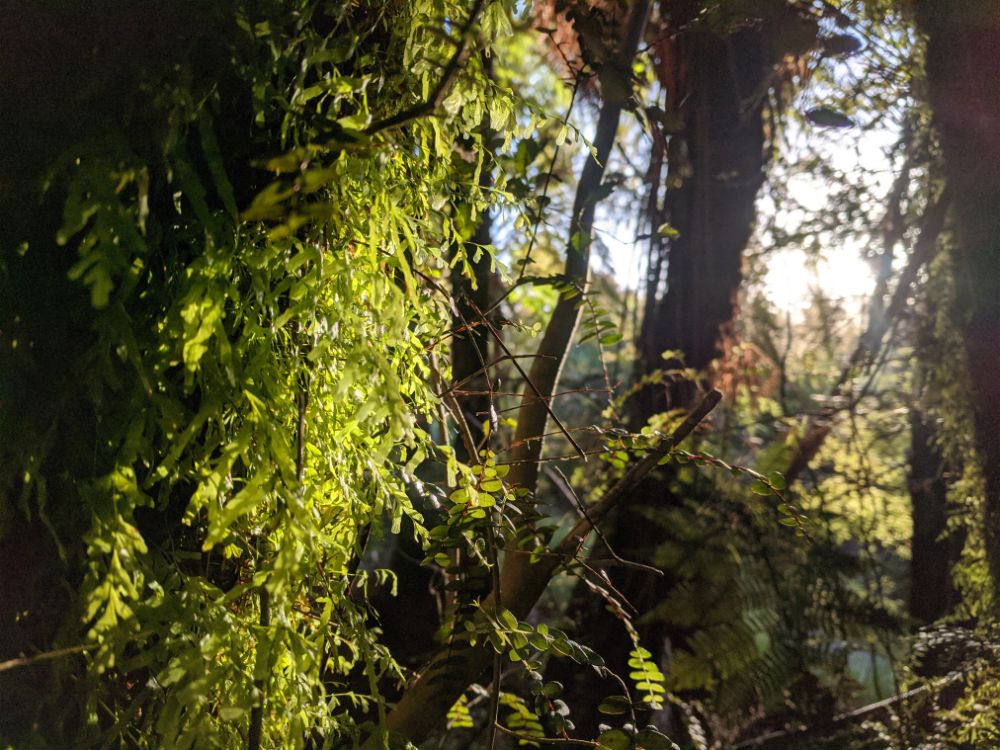
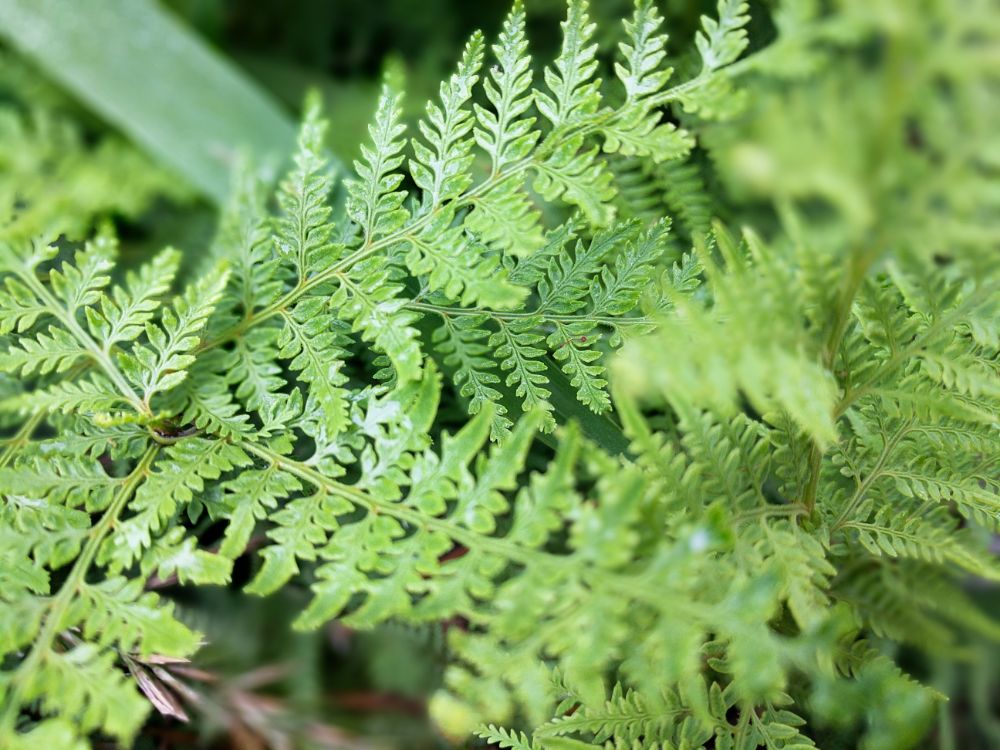
After 20 minutes we arrived at the hut, gratefully dumped the many kilograms of essentials (okay, mostly booze) we’d brought with us, and cracked open the first beers of the night. As Anna and Sean showed us around, it was bizarre to think that everything here had been painstakingly carried in along the same path we’d just traversed. We had a coal range; a couple of gas burners; a fridge; a dining table with comfy chairs; five single beds; a stereo system; a shower; a couple of sinks; a generator; a full set of pots, pans, crockery, and cutlery; and even a flushing toilet! Not to mention the world's most beautiful backyard.
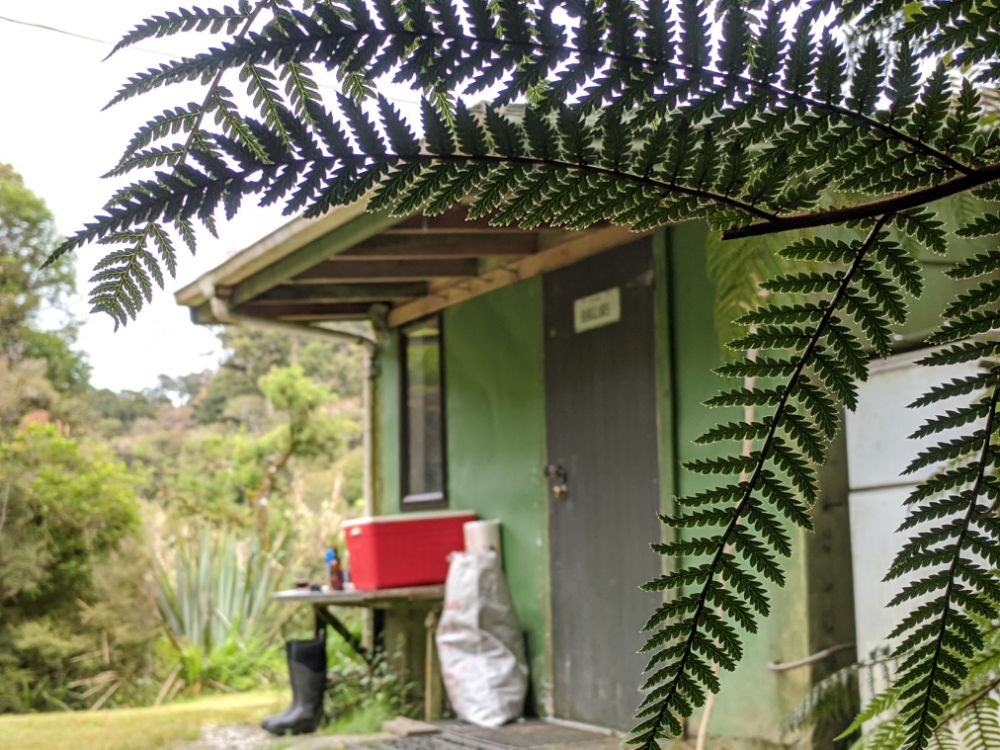
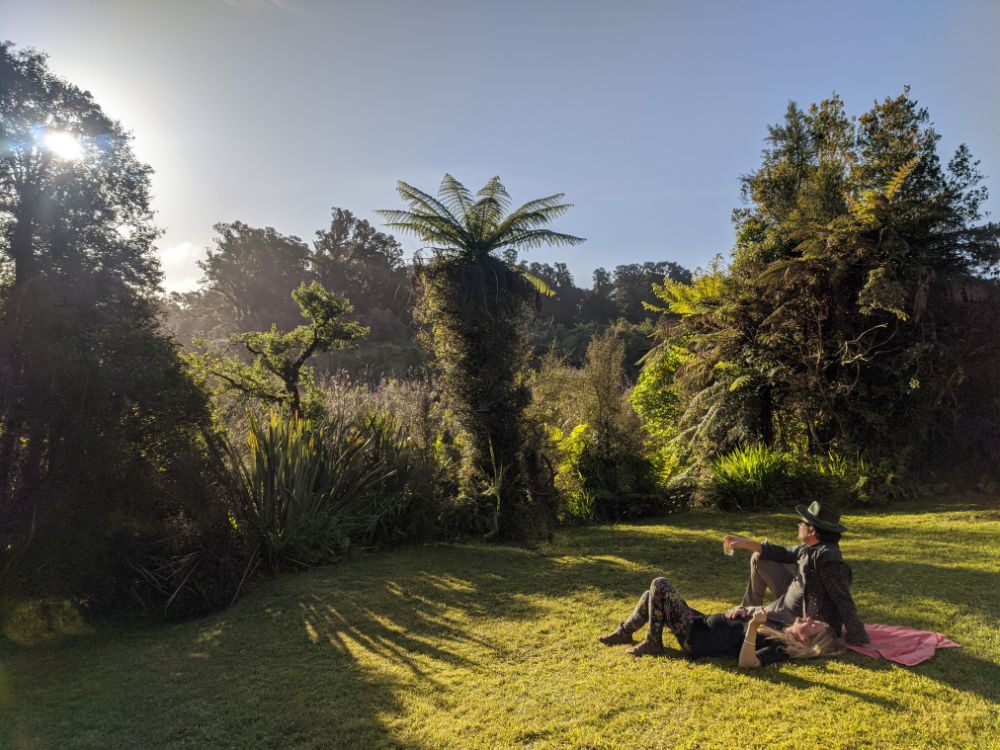
The unique and special nature of this experience was not lost on any of us. We spent hours that night just sitting around chatting by candlelight about the history of the place and gushing about how fascinating it all was. Steve and his mates had used the hut as a base for whitebaiting and occasionally deer hunting, and a few other people in the area were doing a similar thing. They would while away the days fishing and spend the evenings cooking up the catch. Then, when darkness fell, the hut became a wild den for drinking way too much, arm wrestling on the floor, and passing out naked between the beds! For months at a time they lived here in complete isolation, among the trees, the birds, and the water, just enjoying each other’s company and living the simple life.
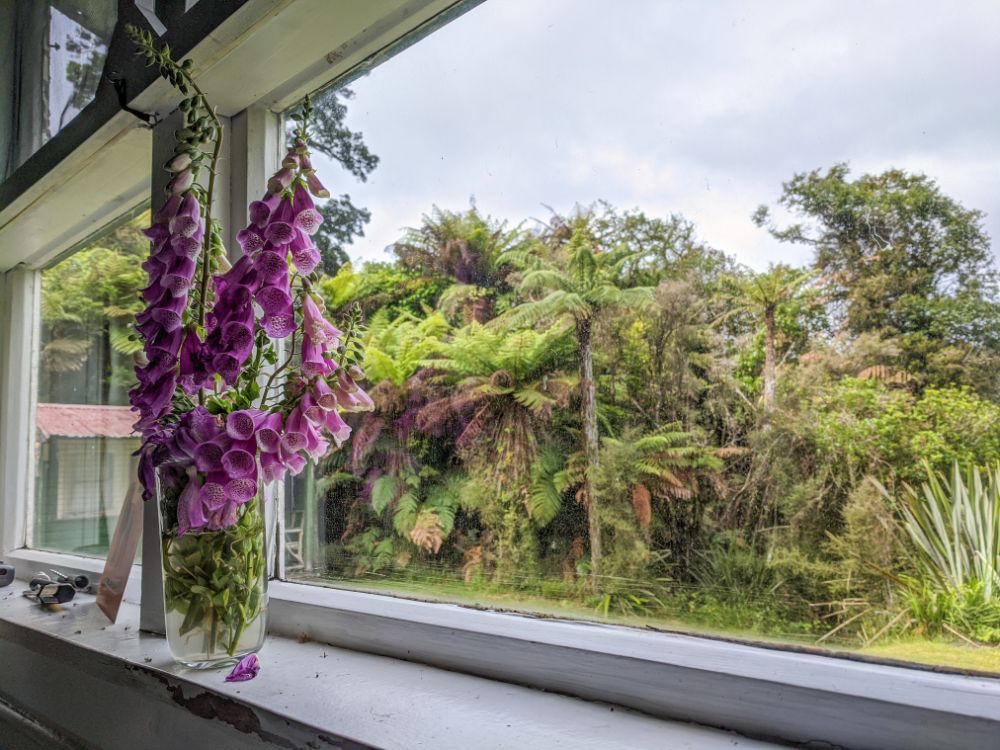
Listening to Anna describe the way they lived and the wonderful times they all shared together – and laughing at the fantastic and ridiculous photo albums of their adventures – I started to experience a bit of a frameshift on the way I’d originally thought about the leasing of the hut. Yes, this was a national park, and it deserved all the respect we could give. But I began to realise that, actually, humans were not separate and distinct from the park. Quite the opposite – they were an integral part of its history, and of the delicate yet resilient balance between the many organisms sharing this breathtaking part of the world.
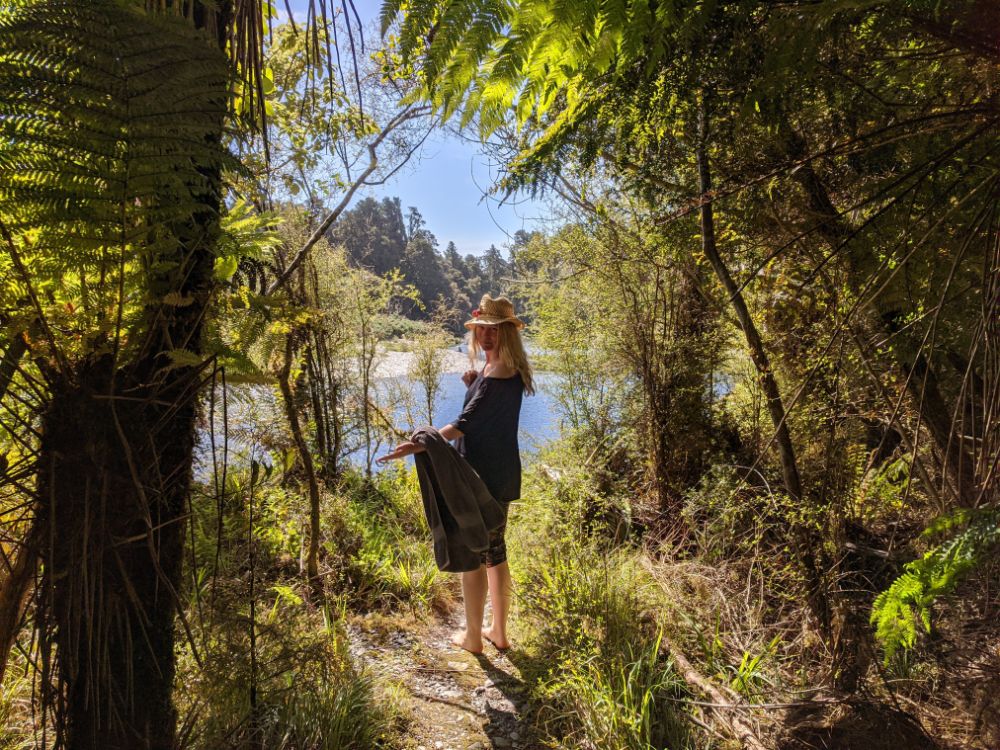
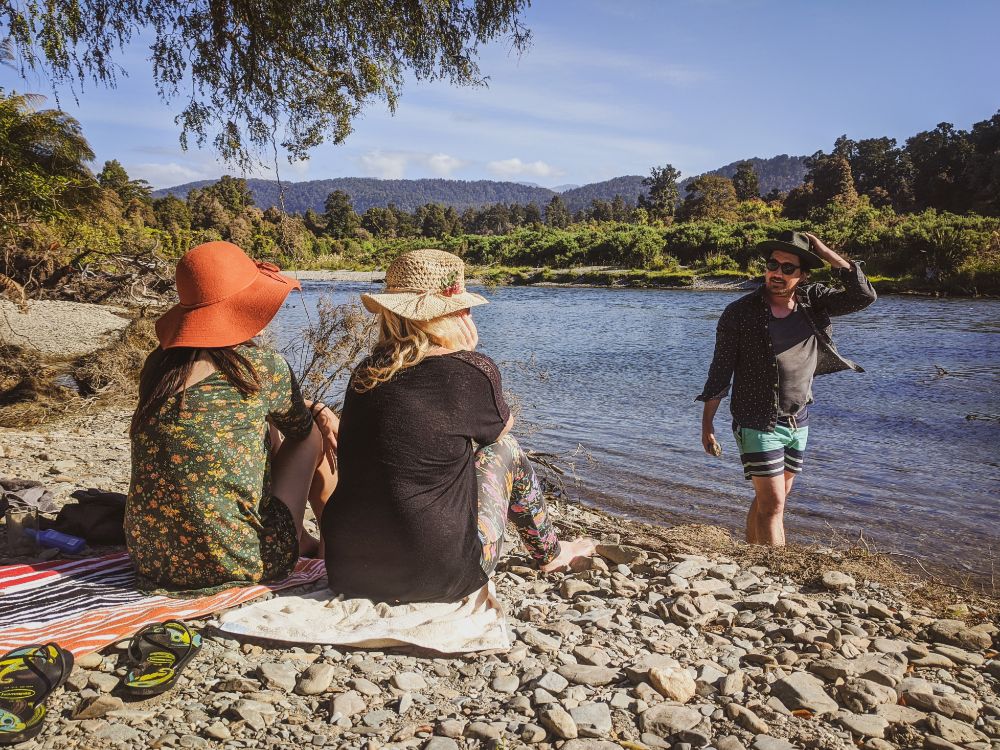
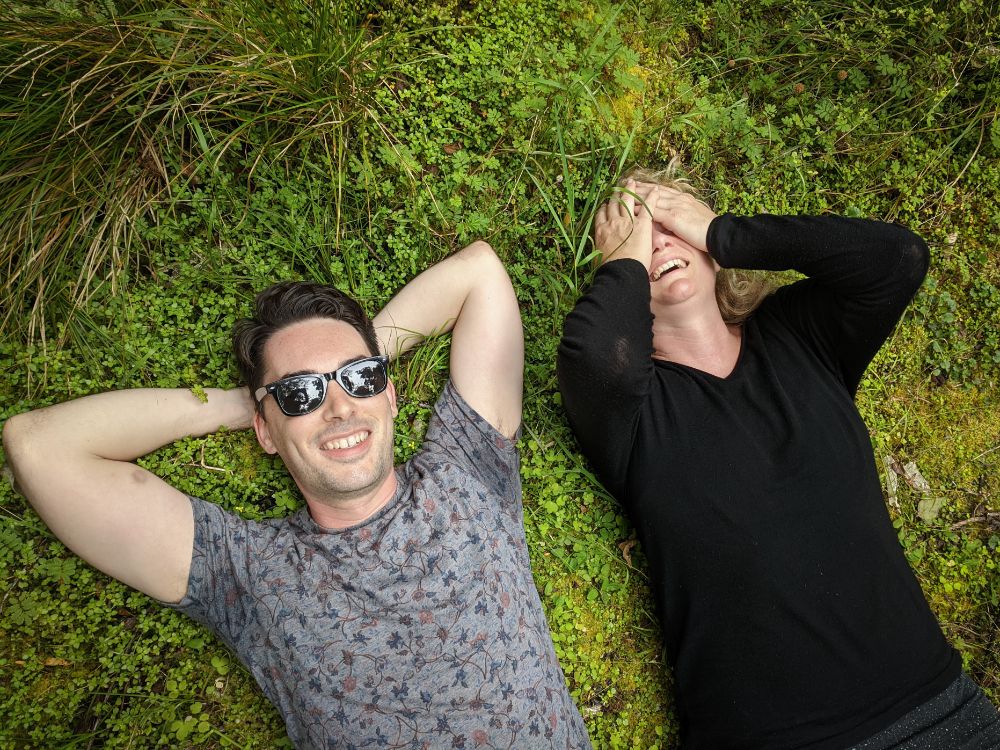
For centuries, people have been living in harmony with the land here. There’s an enchanting equilibrium in the forest, a complex interplay between seemingly infinite species from every kingdom, phylum, and family. Everywhere you look, there’s growth upon growth upon growth, with every organism not just surviving but thriving. Friendly fantails flit about, perfectly at ease with the people they’ve been sharing their home with for so long. Wood pigeons, tui, and tomtits were also unperturbed by our presence, in a forest free of natural predators. I felt at one with this wondrous, endless cycle of life and death, growth and decomposition. I was a part of it, just as these little whitebaiting communities had always been.
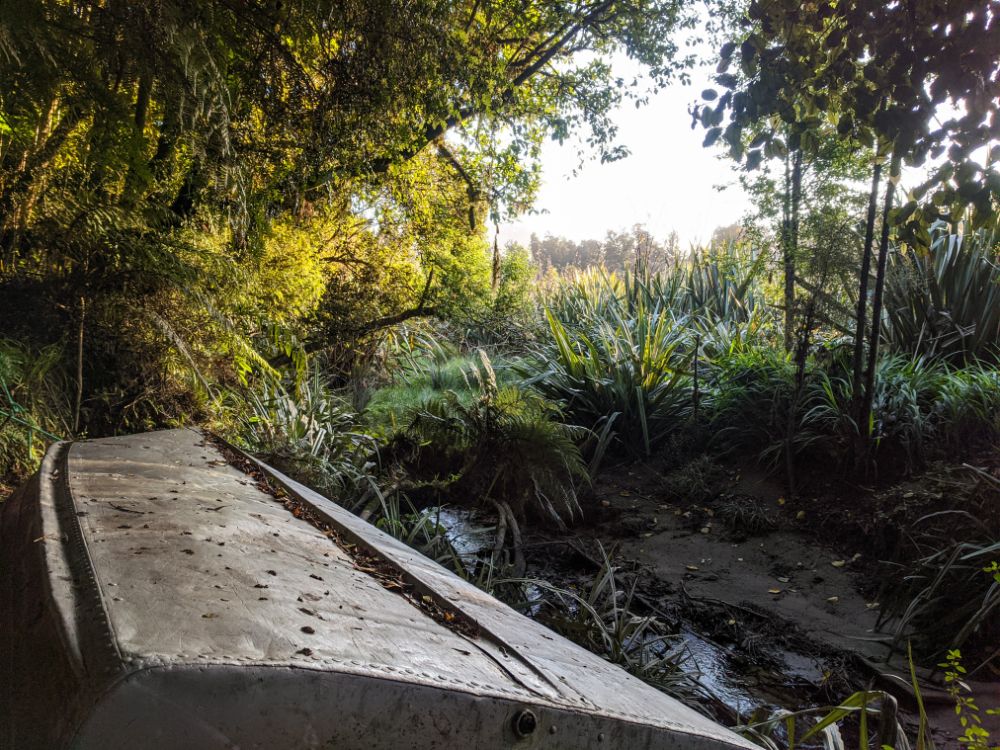
I felt deeply moved and at the same time deeply pained to observe this magical interdependence. I was struck with awe – to think that all this evolved from a cosmic soup of elements – but also crestfallen to recognise how removed it is from the way most of us choose to live. Is it really any wonder that people don't care about preserving our delicate ecosystems if they’ve never actually been a part of them? This, too, pushed me away from that naïve initial response to hearing about the huts. Allowing people to continue to exist in harmony with nature is key if we are to foster a love and respect for this world, and bring it back from the brink of devastation.
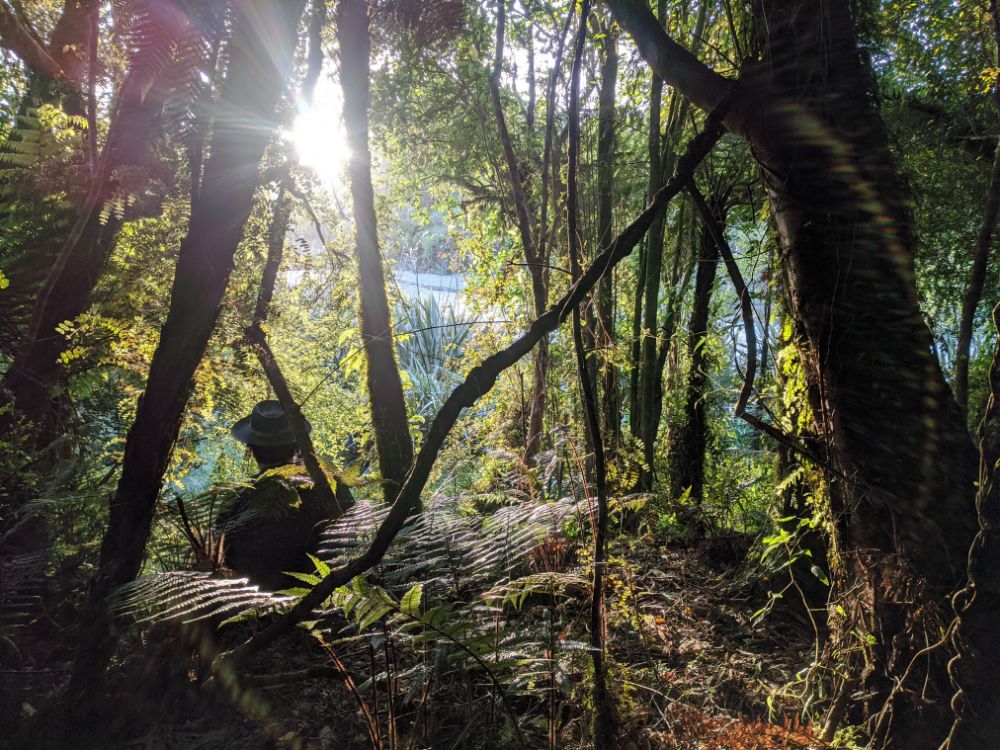
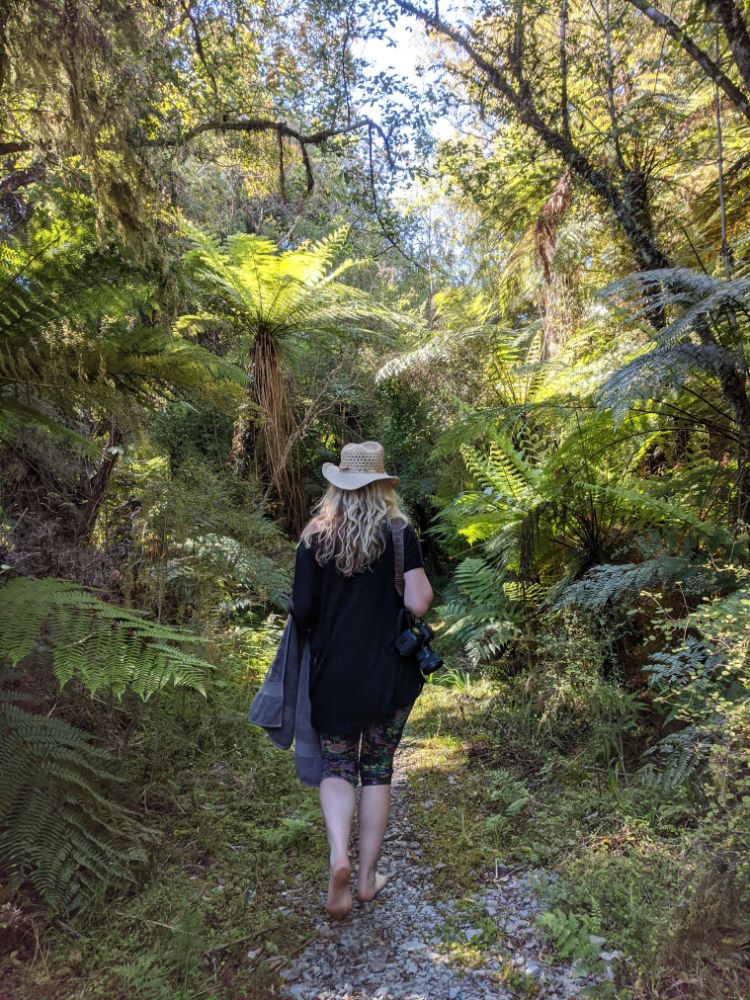
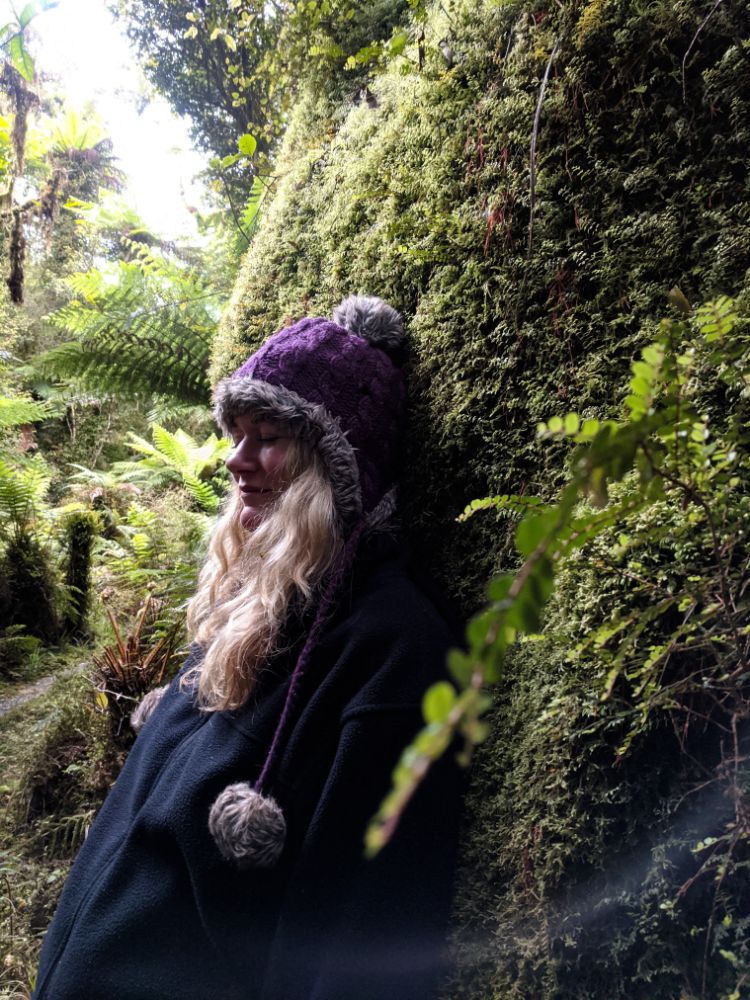
Learning about the way of life here – taking only what you need to survive, taking pleasure in simply being with others, and forgetting all about screen time – reminded me that humans are animals, too. We are opportunists and predators, and there’s nothing wrong with that. We have just as much right to catch and eat prey as any other animal. A point of distinction occurred to me, though. Something humans do that no other predator does.
On New Year’s Day we ran into the owner of one of the other local huts, who had been out that morning fishing for crayfish. Now I’m obviously not a fan of fishing, but after a pensive few days, I’d more than made my peace with it. However, when Ski brought us over to his boat to show us his catch – a tub of five live crayfish, crammed in so tight that the only signs of life were slight, futile movements of their limbs and eyes – I kind of lost it.
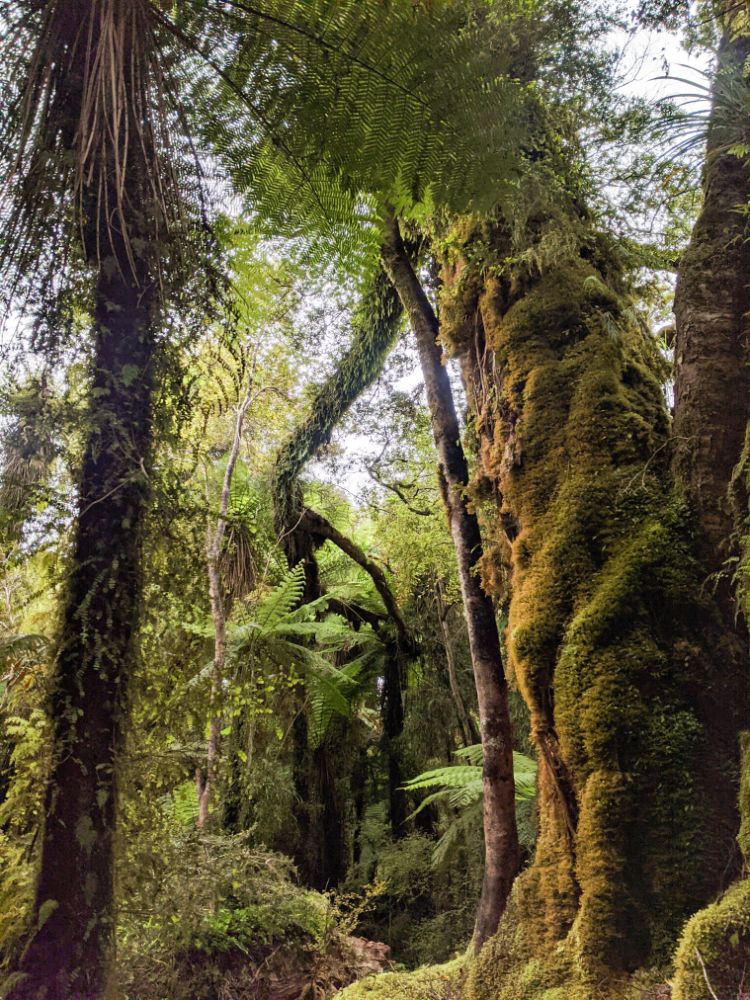
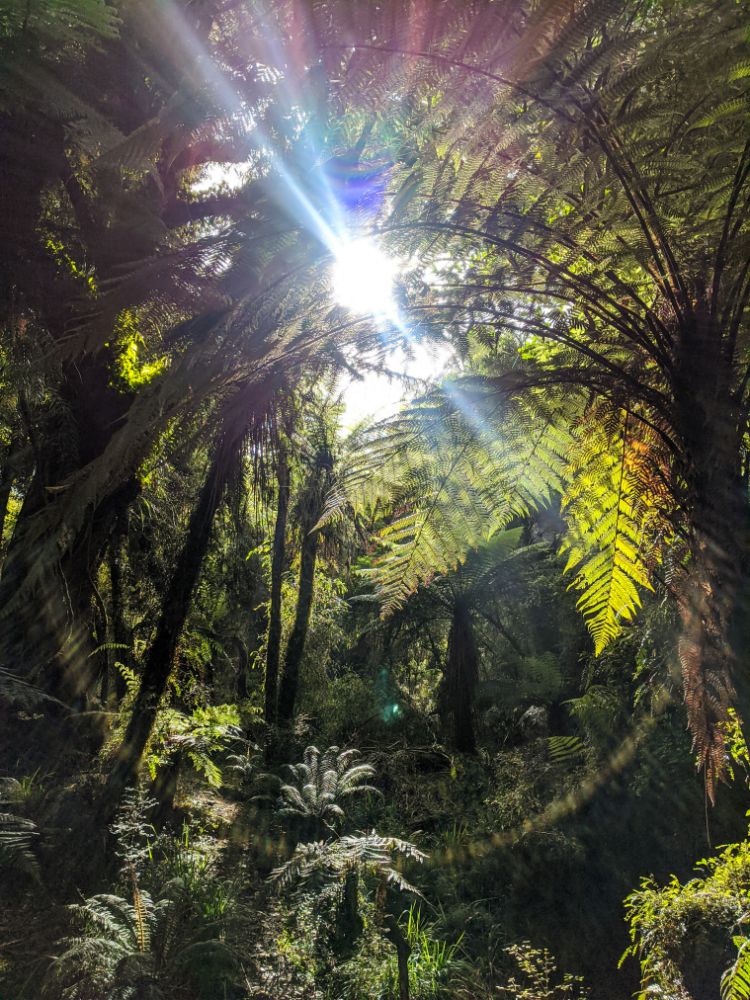
We are the only species that prolongs the process of predation. Had the crayfish been killed immediately, I think I would have been fine. But seeing these intelligent beings trapped like this, their suffering ignored or perhaps not even acknowledged, broke something inside me. With intelligence comes empathy, and with empathy comes responsibility. Eating animals should go along with a careful and intentional understanding and awareness of how our actions impact our environment and our fellow animals. We have a right to take advantage of our environment just like every other species, but we also have a responsibility to minimise animals’ suffering and to avoid overexploiting the resources at our disposal. Especially right now.
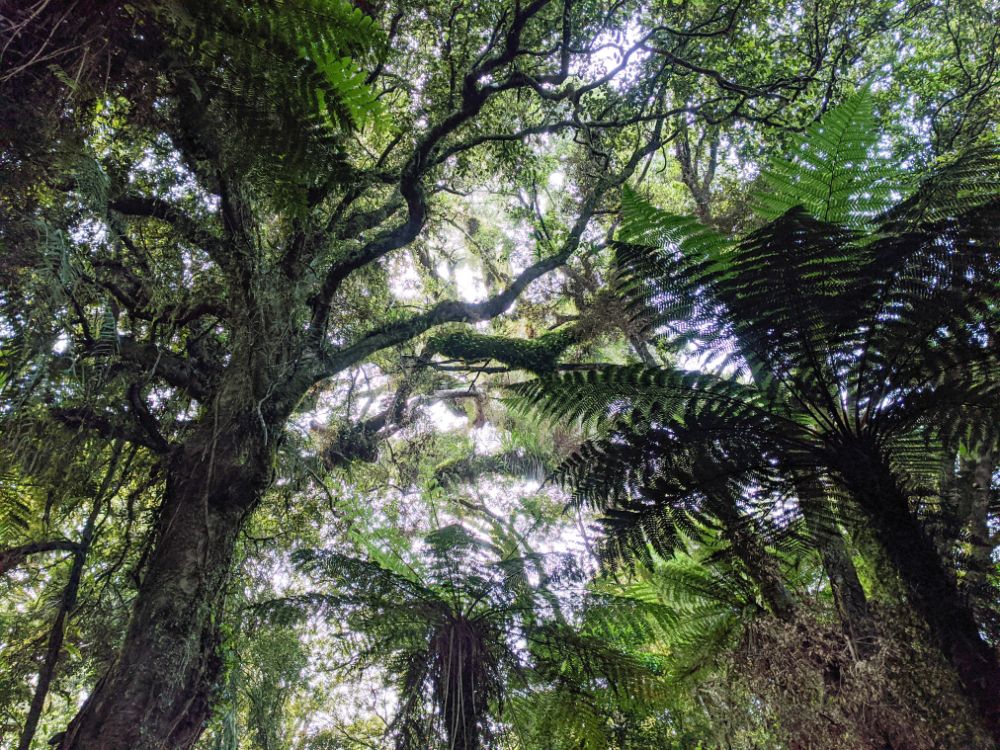
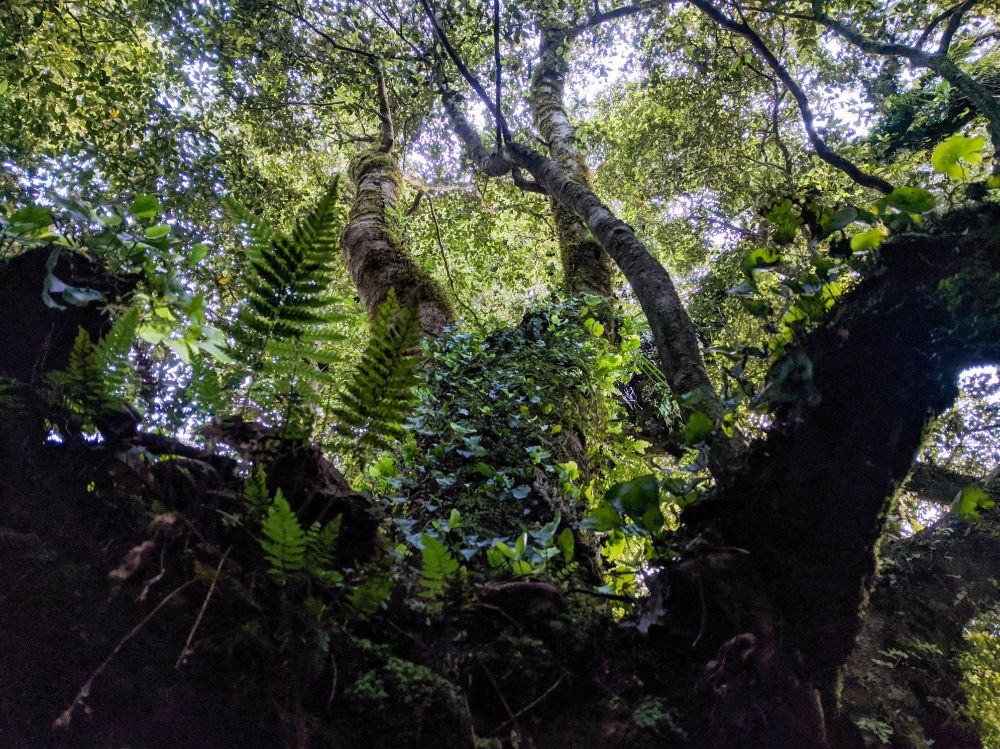
They say you should spend New Year’s Eve the way you want to spend the year ahead. And what better way to do it. As fires raged throughout my beautiful country, I was so grateful to be here. Here, in one of the last remaining places on Earth where everything feels like it’s as it should be. Where everything lives together in harmony, safe and content, far from cities, corporations, and coal mines. It felt like home, it filled me with resolve, and it will stay with me always as I strive to find ways to help bring our planet back into balance.
If you're keen to see more photos of the world's cosiest and safest forest, click here for the full album.


